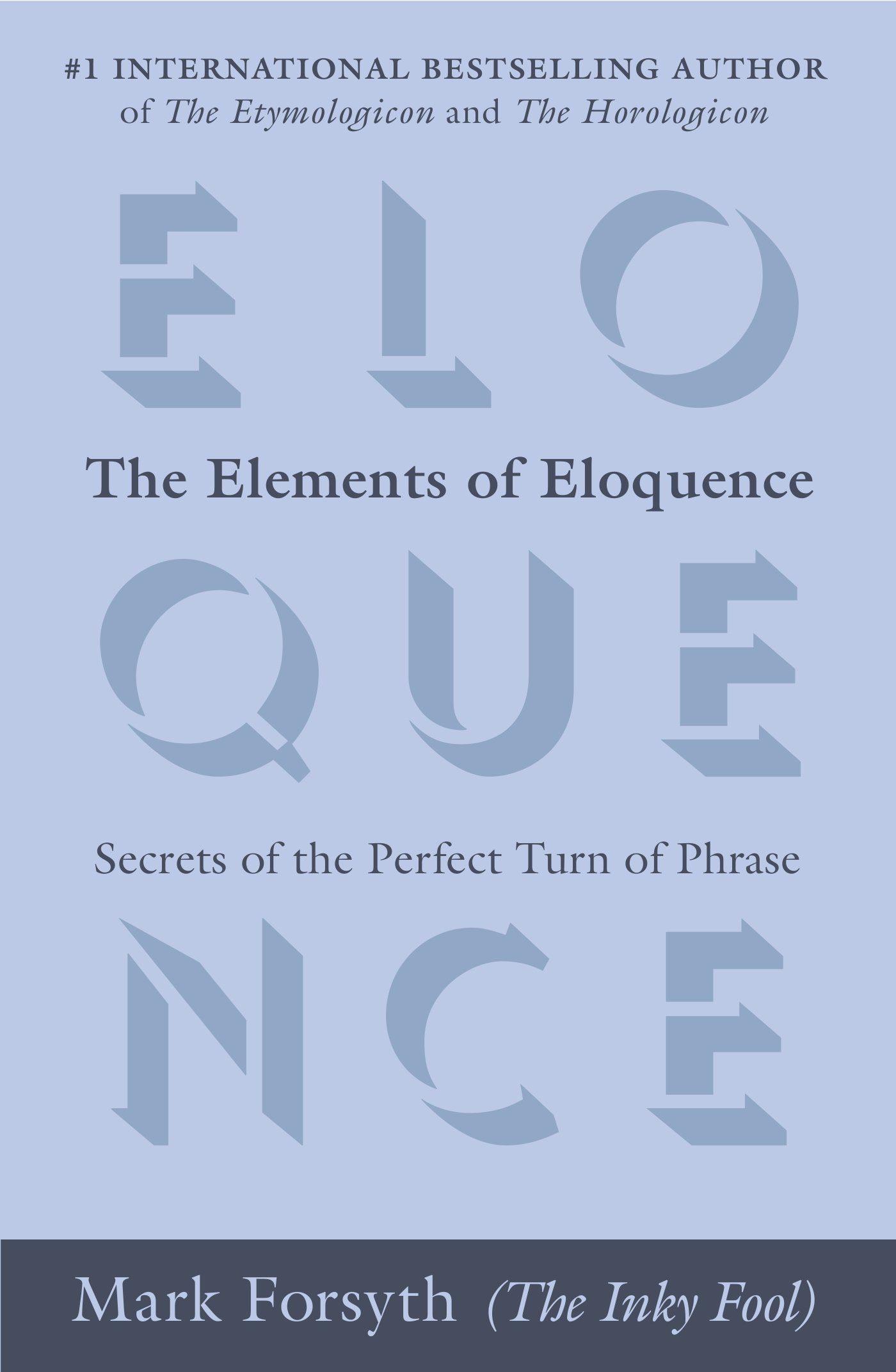

business names, or pet names), this page might help you come up with ideas. If you're looking for names related to eloquent (e.g. So it's the sort of list that would be useful for helping you build a eloquent vocabulary list, or just a general eloquent word list for whatever purpose, but it's not necessarily going to be useful if you're looking for words that mean the same thing as eloquent (though it still might be handy for that). So although you might see some synonyms of eloquent in the list below, many of the words below will have other relationships with eloquent - you could see a word with the exact opposite meaning in the word list, for example. There are already a bunch of websites on the net that help you find synonyms for various words, but only a handful that help you find related, or even loosely associated words.

If you just care about the words' direct semantic similarity to eloquent, then there's probably no need for this. The frequency data is extracted from the English Wikipedia corpus, and updated regularly.

You can highlight the terms by the frequency with which they occur in the written English language using the menu below. So for example, you could enter "articulate" and click "filter", and it'd give you words that are related to eloquent and articulate. You can also filter the word list so it only shows words that are also related to another word of your choosing. By default, the words are sorted by relevance/relatedness, but you can also get the most common eloquent terms by using the menu below, and there's also the option to sort the words alphabetically so you can get eloquent words starting with a particular letter. The words at the top of the list are the ones most associated with eloquent, and as you go down the relatedness becomes more slight. You can get the definition(s) of a word in the list below by tapping the question-mark icon next to it. The top 4 are: articulate, persuasive, inarticulate and expressive. The teachers discovered that the holistic scoring method helped them to improve their students' learning as they could evaluate their students' overall performance.Below is a massive list of eloquent words - that is, words related to eloquent. In addition, the ESL teachers in this study liked the idea of having to give overall evaluation of the essays whereby they could identify not only the overall band, but also the strengths and weaknesses of their students' writing. The findings indicated that the majority of the ESL teachers in this study preferred the holistic scoring method over the other two scoring methods due to its time saving characteristic when it involved a large scale marking and the results were needed to be completed within a short period of time. The research involved multiple data collection methods: verbal protocol, documents in the form of students' essays and interviews with the teachers. After the training, a few teachers were selected to be interviewed to get their perspectives of the three scoring methods used for classroom-based assessment.
#ELOQUENT WRITING HOW TO#
The teachers in this study were trained on how to use the three types of scoring method to examine the students' continuous essay writing based on the three types of scoring methods namely Holistic, Analytical and Primary Traits.

The study used qualitative approach which involved 25 grade 10 ESL teachers at 12 secondary schools in one of the states in Malaysia. The purpose of this study was to explore the ESL teachers' preference towards the most suitable scoring method to assess essay writing in the classrooms. For the Malaysian Certificate of Education (SPM) English Language 1119 subject, students are required to write an essay of more than 350 words and they must be eloquent in their writing style with flawless grammatical errors to obtain the highest score for the subject. However, majority of the English as a Second Language (ESL) teachers use a scoring method adapted from the Malaysian Examination to assess their students' writing. In Malaysian schools, teachers are given the freedom to use their own teaching and assessment methods in assessing their students' writing. The Malaysian Education Act in 1996 states that the national language which is the Malay language becomes the main medium of instruction in educational institutions and English is accorded the status of a second language.


 0 kommentar(er)
0 kommentar(er)
